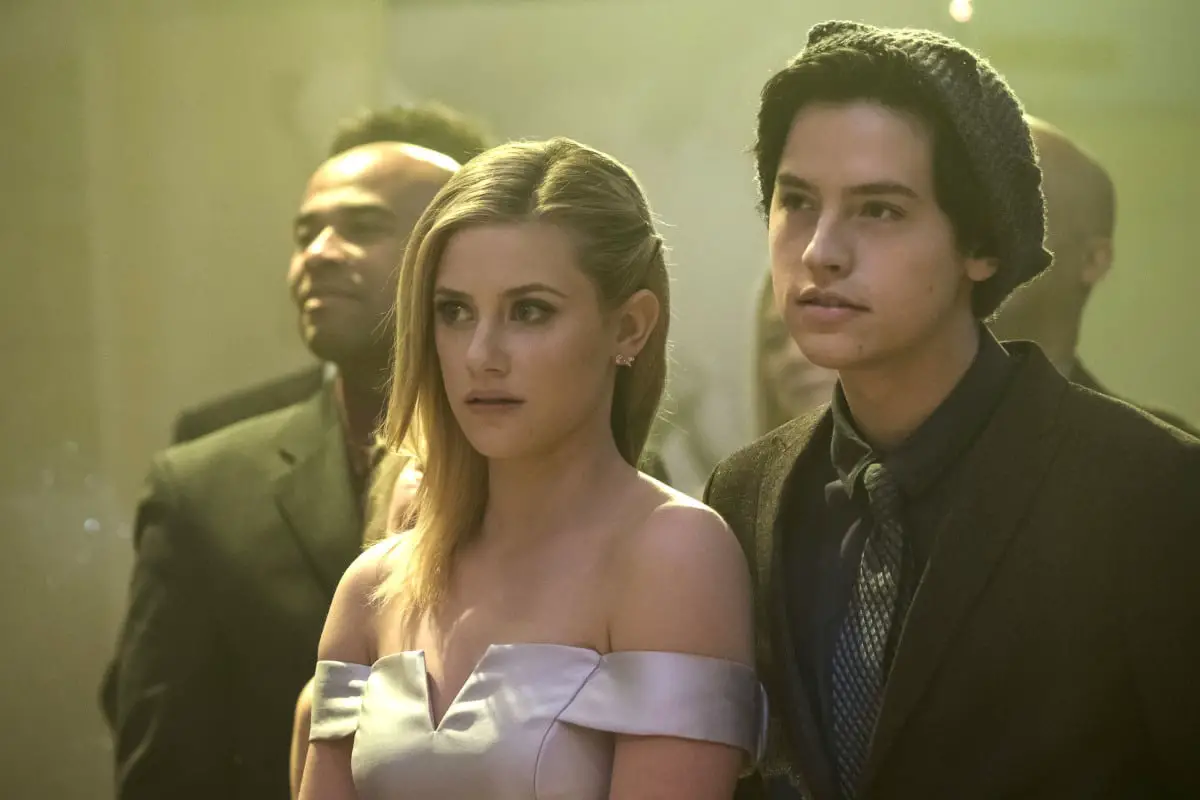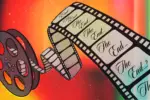The CW’s “Riverdale” has been a staple of the network. Despite the teen drama’s commercial success, the show seems to be undergoing an identity crisis, not unlike the hormonal teenagers it portrays. “Riverdale” is just the latest in a lineage of successful CW teen dramas, following in the footsteps of shows like “One Tree Hill,” “90210” and “The Vampire Diaries.” However, “Riverdale” stands out from the crowd in both its source material and its murder-mystery plot line.
The show revolves around characters from the classic Archie comic books that were first published in the 1940s. Roberto Aguirre-Sacasa, a fan himself of the comics, revived the Archie universe in 2017. This new, dark Archie universe was received well by viewers and critics alike. With a cast of fresh new faces, like Lili Reinhart and KJ Apa, paired with some more familiar ones, like Luke Perry and Cole Sprouse, there seemed to be no weak links in the show.
However, after a successful debut season, the show seems to have slowly lost its focus; the shift can most clearly be seen in the titular character. While Archie was struggling between football and music in the first season, in Season 3 he spends more time in jail than in school.
In contrast, HBO’s newest drama, “Euphoria,” features a cast of teenage characters that are still true to their age, while also featuring mature themes like drugs and sex. Amidst the realm of edgy teen dramas, “Euphoria” is excelling at relating to real teenagers, while “Riverdale” grasps at straws to maintain its mystery.
In order for viewers to fully understand how “Riverdale” sunk into this narrative hole, it is important to look back at their past successes. Its first season offered something that was fresh and new to television, featuring familiar characters with a murder-mystery, film noir twist.
The town of Riverdale itself offers a multitude of possibilities as the show seems to alternate between vintage and modern technology and aesthetics. This element of the show offers an opportunity to play with viewers expectations and fantasies. Strong examples of this include the Blossoms’ old Victorian mansion outside of town and references to the 1950s, the decade of Archie comics’ rapid growth. Another strength of the first season was the undermining of narrative norms.
Based on the comics, Betty and Veronica were expected to find themselves at odds over none other than Archie Andrews, but the shows’ writers smartly dodged this overdone plot line and instead opted for the female power duo’s friendship. While these choices were smart, they did seem to carry over into the later seasons, particularly Season 3.
https://www.instagram.com/p/B1o81mUJTJ7/
After the first season’s conclusion and the closure of Jason’s murder, the show had to find a more nefarious villain and mystery. The second season faced the crimes of a masked serial killer named the Black Hood. While this season was clearly trying to live up to the hype of its first, it still disappointed fans because of glaring plot holes and lack of realism.
Granted, Aguirre-Sacasa and his team of writers never claimed to aim for realism or to accurately portray the American high school experience, but nevertheless, viewers still complained about Archie and the gang never actually going to class or doing normal teenager activities. The third season seemed to be influenced by Aguirre-Sacasa’s newest show, which also happens to also exist in the same Archie universe: Netflix’s “The Chilling Adventures of Sabrina.”
Archie and his friends investigate the murderous game of Gryphons and Gargoyles, which terrorizes the town. This season featured more supernatural themes, which apparently caused there to be floating infants and a giant masked, skeletal deer figure named the Gargoyle King. This is not to say that evolution is a poor decision in television writing; however, the extreme escalation of violence and misplaced magic has confused audiences.
The decline in the “Riverdale” fanbase can be seen by looking at popular film and television review website Rotten Tomatoes. While all three seasons feature an average critic rating above 80%, the seasons differ greatly in their audience scores. The first season is by far the highest rated by viewers with a score of 81%; however, the second season showed audience’s favor dropping with a score of 61%, and the third season has a rotten score of 48%, clearly marking the audience’s continued displeasure with the shows development.
https://www.instagram.com/p/BzYhHOSF0ie/
Naturally, competition has arisen in the realm of edgy teen dramas during the usual run of “Riverdale,” the most notable in the past year being HBO’s “Euphoria.” The show has been lauded as gut-wrenchingly honest and intense, but has been praised by critics and viewers alike. Rotten Tomatoes’ website lists both its critics’ score and audience score as 83%.
“Euphoria” is centered around a group of teens who each deal with their own problems and vices. Zendaya plays the main character, Rue Bennett, who is a recovering drug addict. Other teen characters struggle with body image and sexuality, among other modern issues pressing youth today.
Instead of 1950s greaser wannabes of “Riverdale,” the teens depicted in “Euphoria” are vaping and exploring contemporary topics, like gender fluidity and the implications of social media. Although perhaps a tad melodramatic, this cast of characters’ problems are much more believable than say, Veronica’s struggle to maintain her speakeasy in “Riverdale” Season 3.
However, with such edgy themes and a teenage audience, HBO has gained its fair share of criticism. Critics have bashed the show as reckless in their depiction of teens participating in dangerous behavior. The darkness of the problems that viewers watch Rue face is dulled by its consistency. However, for most viewers these potential problems are outshone by the series’s authenticity. With a clear vision and a strong, young cast, “Euphoria” has set itself up with high expectations for its second season, not unlike “Riverdale” in 2017.
Back to their roots. #Riverdale returns Wednesday, October 9. Stream free next day only on The CW App! pic.twitter.com/LvQ908AVGn
— Riverdale (@CW_Riverdale) September 23, 2019
The similarities between these shows have captured audiences’ attention through their depictions of teenage life. Despite the mixed reaction to the third season of “Riverdale,” Archie and his friends will be returning to screens Oct. 9, at 8 p.m. ET.
Hopefully, the writers of “Riverdale” have learned from the mistakes of seasons past, and the fourth season will be clearer and less cluttered. With its success, it also comes as no surprise that “Euphoria” has also been renewed for a second season with HBO. No one can say how either of these new seasons will fare, but audiences are looking forward finding out.
















